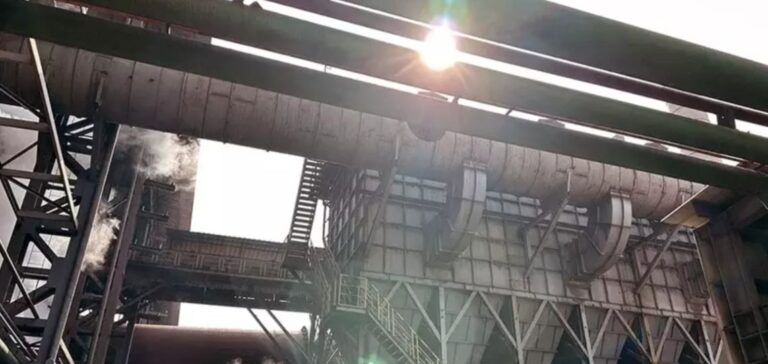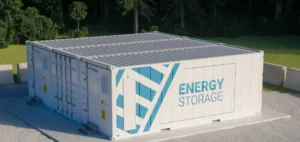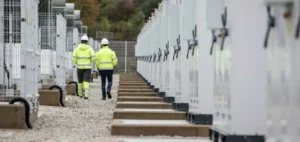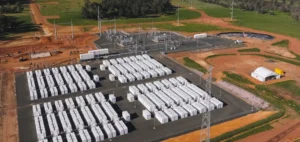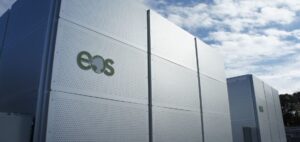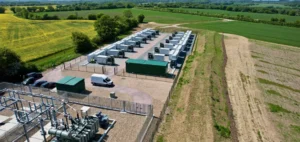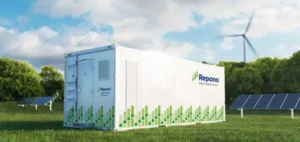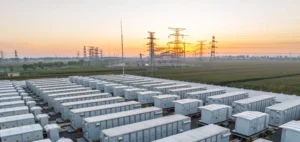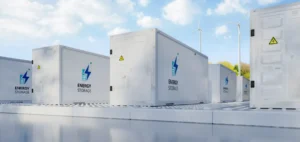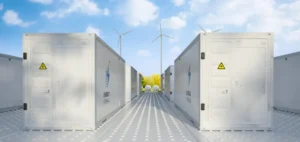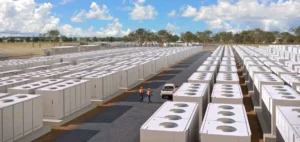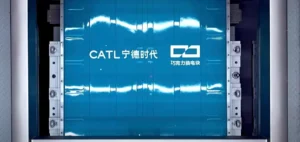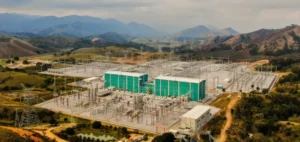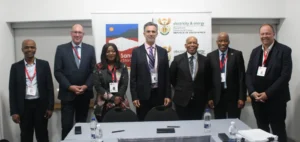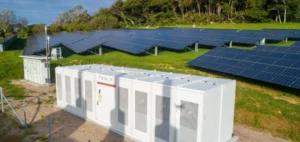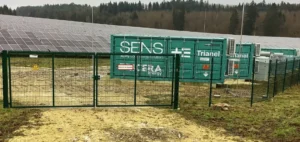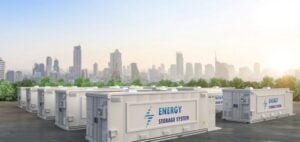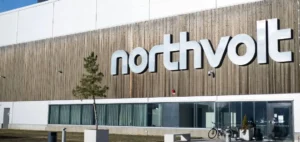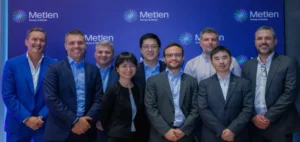Merdeka Battery Materials, a key player in the battery materials sector, has obtained a $1.4 billion loan to finance the construction of a new nickel plant in Indonesia. The financing, granted by a consortium of local and international banks, marks a decisive step in the company’s expansion within an industry essential to lithium-ion battery production. This project aligns with the increasing global demand for nickel, a strategic metal for energy storage and electric vehicle manufacturing.
A strategic plant for refined nickel
Located in Indonesia, one of the world’s leading nickel producers, the future plant aims to strengthen the supply of this essential metal. Nickel is particularly sought after for its high energy density, making it indispensable for manufacturing high-performance batteries. Once operational, the facility is expected to produce tens of thousands of tonnes of refined nickel annually, enabling battery manufacturers to scale up production and reduce reliance on imports.
Long-term structured financing
The $1.4 billion loan has been structured by a group of local and international banks. This financing will cover the construction and initial operational phases of the plant. The repayment is scheduled over a period of 10 to 15 years, reflecting investors’ confidence in the project’s economic viability. This capital injection will also allow Merdeka Battery Materials to expand its production capacity at a time when nickel demand is accelerating.
Impacts on the energy storage industry
Merdeka Battery Materials’ plant is considered a strategic project for the energy storage industry. By increasing refined nickel production, this initiative could stabilise the battery raw materials market and ease pressure on prices. The growing demand for more efficient lithium-ion batteries has intensified competition among manufacturers, making nickel supply even more critical.
The company has also emphasised its commitment to strict environmental standards. Waste management and emissions reduction will be integrated into the plant’s design to comply with international regulations governing mining and industrial production.

